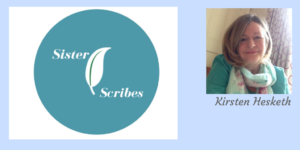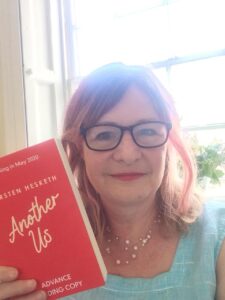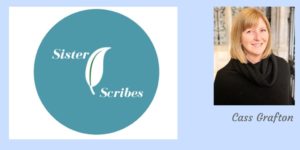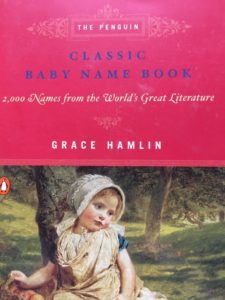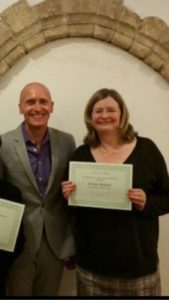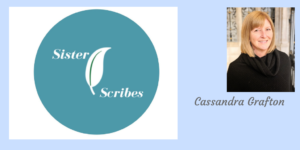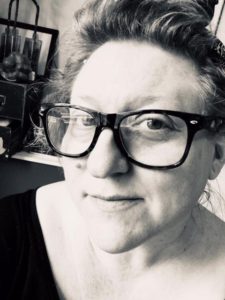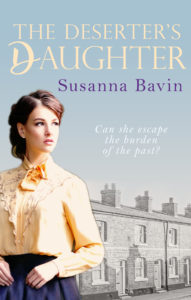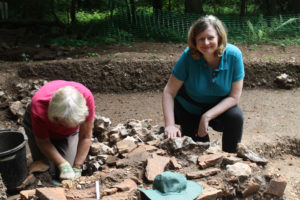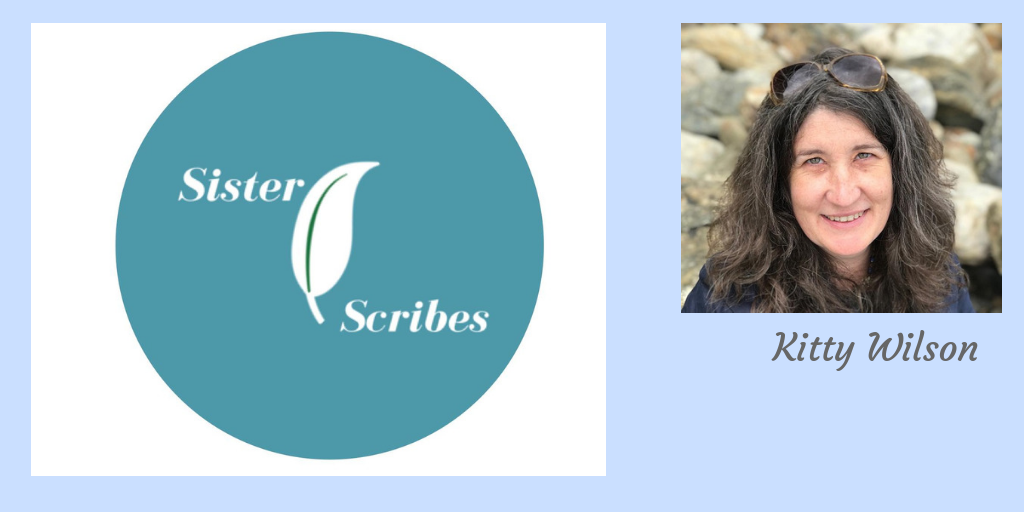When we are not in the midst of a global pandemic, the Romantic Novelists Association parties are the focal point of our calendar. Members travel the length and breadth of the country, and even further, to attend so they expect a good show. That’s my job. As the Events Co-ordinator, I organise all of the behind the scenes stuff to ensure everyone has a wonderful time.
We host two massive parties in central London every year. The Romantic Novel Awards in early March, which celebrates the best of romantic fiction in all its many genres in glittering splendour, and the eagerly anticipated jewel in the crown—the Winter Party which usually includes the prestigious Industry awards. Planning for both starts a good two years prior when I source the venues. As the RNA has grown in size, the needs of the venue become more specific. We require somewhere with the space and capacity to hold 300 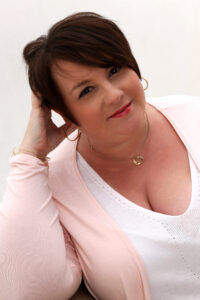 plus romantic novelists, keep them majestically fed and watered and comfortable. However, that isn’t the only consideration. With people travels from all corners of the British Isles, it needs to be central, close to public transport and be fully accessible to all members of our wonderfully diverse institution. I also negotiate the contracts to ensure the best value for money.
plus romantic novelists, keep them majestically fed and watered and comfortable. However, that isn’t the only consideration. With people travels from all corners of the British Isles, it needs to be central, close to public transport and be fully accessible to all members of our wonderfully diverse institution. I also negotiate the contracts to ensure the best value for money.
A few months before each party, the serious work starts. Tickets have to be sold so I personally run all the marketing for the party and invite the dignitaries and press. Menus have to be organised; the free-flowing booze has to be chosen. I liaise with the venue on all aspects of this, from the number of bottles of prosecco to the individual dietary requirements of our guests. As the big day gets closer, I work with the AV technicians to select the correct music and lighting to create the perfect ambience. Then, on the day, I normally arrive at the venue first thing in the morning to consult with the hospitality managers and catering staff. I oversee the set-up, the rehearsals and run throughs, double check the layout, the seating plans for the awards and the green rooms for the nominees and VIPs.
Finally, I’ll man the reception desk and issue all the partygoers with their branded RNA scarlet lanyards which is their golden ticket to the fun. At the designated time I’ll throw the doors open and enjoy the oohs and ahs as everyone pours into the room. Once I am certain everyone has a glass in their hand and that the buffet is laid out, I’ll have a glass of something sparkly and pat myself on the back. Then I’ll enjoy the party myself and forget about all the organisation and hours it took to create it. Until the next party looms and off it all goes again.
Being the RNA’s Events Co-ordinator is a huge and often exhausting responsibility on top of my writing career, but when it all comes together and I see the how delighted it makes everyone who attends, it’s worth it.
Virginia Heath writes slightly racy Regency Romcoms which are published in many languages all across the globe. Amongst them are her critically acclaimed Wild Warriners and King’s Elite series for Harlequin Historical. She has two Romantic Novel of the Year Award nominations and cannot wait to launch NEVER FALL FOR YOUR FIANCEE, the first book in her upcoming Merriwell Sisters trilogy with St Martin’s Press loose into the world.
You can find her procrastinating online on her busy Facebook page and at www.virginiaheathromance.com


